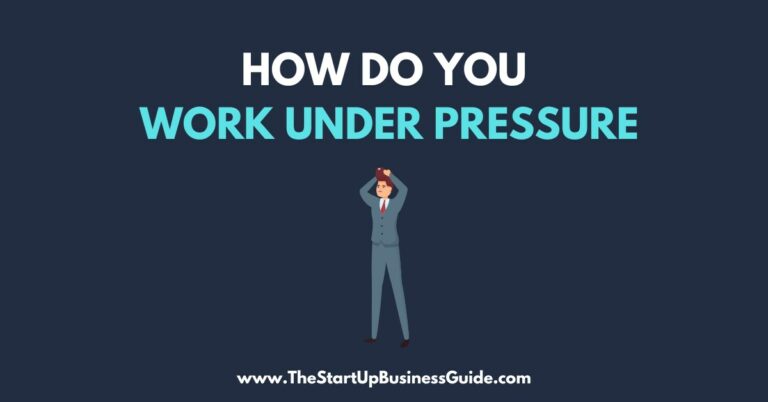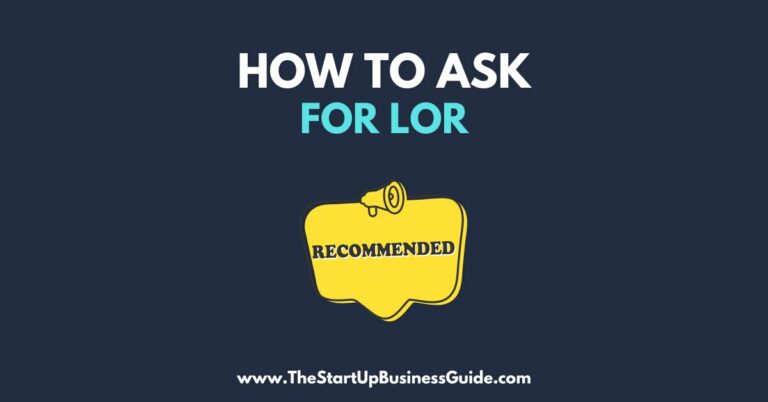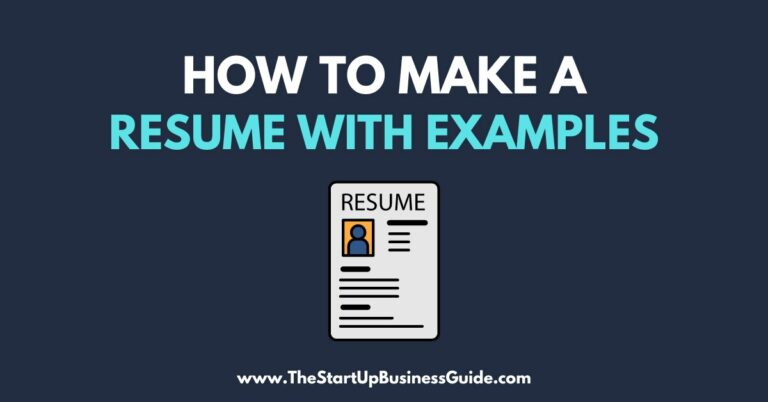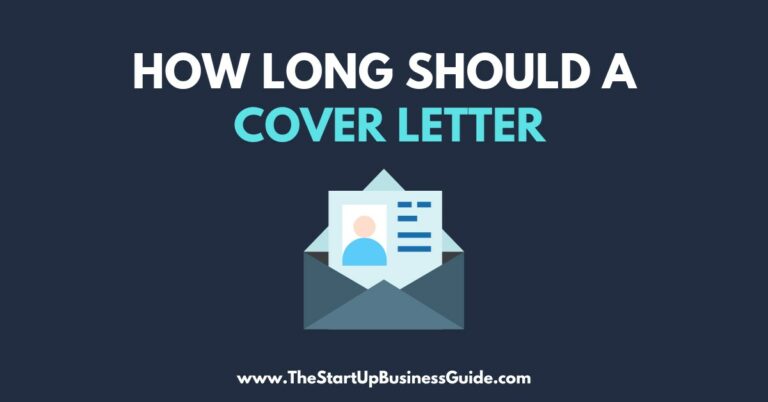How to Quit a Job
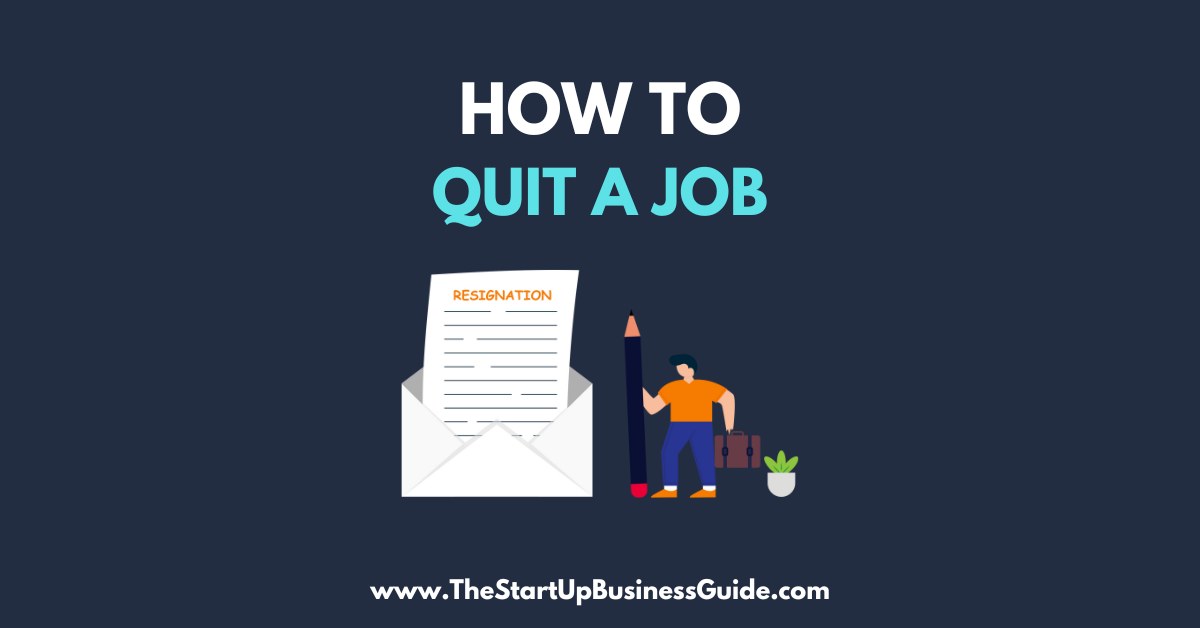
Quitting a job can be a difficult and stressful decision.
But sometimes, it’s the best thing to do for your career and personal growth.
In this article, we’ll talk about why it’s important to understand your reasons for wanting to quit, how to prepare for quitting, the different ways to quit, and how to handle the aftermath of quitting.
By the end of this post, you’ll have a better understanding of how to quit your job in a professional and respectful way.
Assessing your reasons for wanting to quit
Before quitting a job, it’s important to understand why you want to leave.
Are you unhappy with your current position?
Are you looking for more money or benefits? Or are you ready for a new challenge?
Asking yourself these questions can help you determine your reasons for wanting to quit.
It’s also important to consider if quitting is the best decision for you and your career.
If you’re unsure, consider talking to a career counselor or mentor for guidance.
Preparing to Quit
Once you’ve determined your reasons for wanting to quit, it’s time to prepare.
Updating your resume, networking, and finding a new job are all important steps to take before quitting.
Researching companies and positions that interest you can help you find a job that is a better fit for your skills and goals.
Reaching out to contacts in your industry can also help you make connections and find new job opportunities.
And, don’t forget to polish your resume to make sure it looks its best.
Quitting your Job
When it comes to quitting your job, it’s important to do it in a professional and respectful way.
One way to do this is by giving adequate notice, usually 2 weeks.
This gives your employer enough time to find a replacement and allows you to tie up any loose ends at work.
It’s also important to be honest but tactful about your reasons for leaving and to express gratitude for the opportunities and experiences you’ve had at the company.
You can quit your job in person, over the phone, or via email. It depends on the company culture, but it’s always best to be respectful and professional in any form of communication.
Handling the aftermath of quitting
Quitting a job can come with challenges such as unemployment, financial strain, and the search for a new job.
It’s important to budget and save money before quitting to help with the transition.
Staying positive and staying connected with friends and colleagues in your industry can also be helpful.
Remember that quitting a job can be a positive step forward in your career, and it’s important to stay focused on your goals and what’s best for you.
Conclusion
In conclusion, quitting a job can be a difficult and stressful decision, but it’s important to understand your reasons for wanting to quit and prepare for it.
Quitting in a professional and respectful way can help maintain positive relationships with your former employer and colleagues.
And, by handling the aftermath of quitting in a positive way, you can move forward with your career goals.
Remember, quitting a job can be a positive step forward in your career.
Take your time, do your research, and be prepared before quitting.
Frequently Asked Questions on Quitting a Job
How do I quit my job professionally?
It is best to schedule a meeting with your supervisor to discuss your resignation in person.
Provide them with a written resignation letter and give at least two weeks’ notice.
What should I say when quitting my job?
During the meeting with your supervisor, express your gratitude for the opportunity to work with the company and state your reasons for leaving in a respectful and professional manner.
Is it necessary to give two weeks’ notice when quitting a job?
Giving two weeks’ notice is standard practice and is considered professional. It allows the company time to find a replacement for your position.
Can I quit my job over the phone or via email?
It is best to resign in person, but if that is not possible, a phone call or email can also be used to inform your supervisor of your resignation.
How do I handle my last day at work after quitting?
Be sure to tie up any loose ends, such as completing any unfinished projects, before your last day.
Also, be sure to thank your colleagues and supervisor for their support during your time at the company.
Can I take back my resignation after giving it?
It depends on the company’s policy, but in general, once a resignation is accepted, it cannot be taken back.
Can I negotiate a better severance package when quitting my job?
It is possible, but it is best to discuss this with your supervisor during your resignation meeting.
How do I explain quitting my job on a resume or job application?
Be honest and state the reasons for leaving in a positive light, such as seeking new opportunities or career growth.
What should I do if my employer tries to convince me to stay after I have resigned?
It is important to be firm in your decision to leave, but also respectful and professional in your response.
Can my employer hold my last paycheck or benefits if I quit my job?
It depends on the laws of your state, but in general, employers are required to pay all earned wages, including your last paycheck, in a timely manner.
Can quitting a job affect my ability to collect unemployment benefits?
It can, as the eligibility for unemployment benefits can vary depending on the reasons for leaving a job.
It is best to check with your state’s unemployment office for more information.

